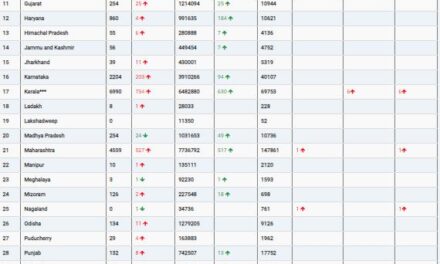
A recent study published in the open-access journal BMJ Open sheds light on the potential negative effects of consuming energy drinks, revealing that even occasional consumption, once a month, can be associated with poor sleep quality and insomnia. Marketed as mental and physical boosters, energy drinks are particularly popular among college students and young individuals.
The study, conducted by researchers from the universities of Oslo and Bergen in Norway, involved 53,266 participants aged 18 to 35. Participants were surveyed about their energy drink consumption frequency, with response options ranging from daily to seldom/never. Detailed questions regarding sleep patterns, including bedtime, wake-up time, sleep latency, and sleep efficiency, were also collected.
The findings indicated a dose-response association between energy drink consumption and reduced nightly sleep hours. Even occasional consumption, one to three times a month, was linked to a heightened risk of disturbed sleep. The higher the frequency of consumption, the fewer nightly sleep hours reported by participants. Those reporting daily consumption slept approximately half an hour less than those consuming energy drinks occasionally or not at all.
Insomnia, defined as difficulties falling and staying asleep, waking early, and experiencing daytime sleepiness and tiredness, showed an association with energy drink consumption. Both men and women who reported daily consumption exhibited poorer sleep efficiency, including longer wake time after falling asleep and increased time taken to fall asleep.
Energy drinks typically contain an average caffeine content of 150 mg per liter, along with sugar, vitamins, minerals, and amino acids. While prior evidence suggested a connection between energy drinks and reduced sleep quality, this study adds further insights into specific aspects of sleep affected by consumption frequency.
The study emphasizes the importance of understanding the potential impacts of energy drink consumption on sleep, especially among the younger population. As these beverages continue to be popular among college students and young individuals, the findings highlight the need for awareness and consideration of sleep quality in relation to energy drink consumption.











